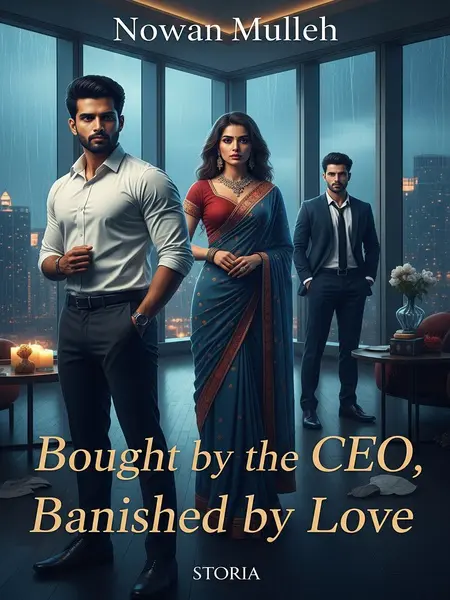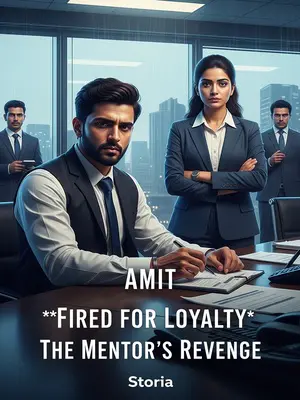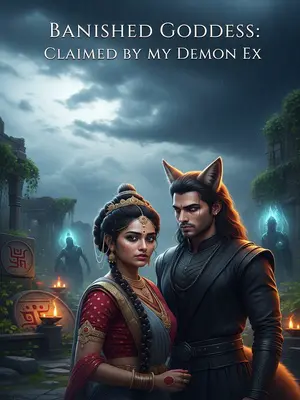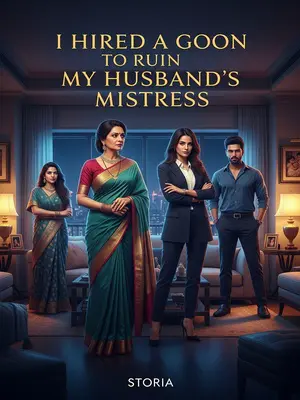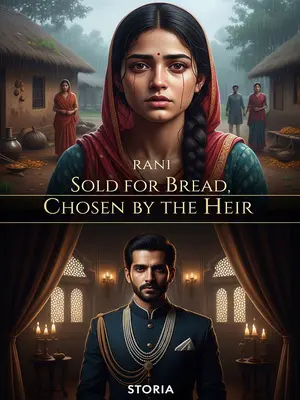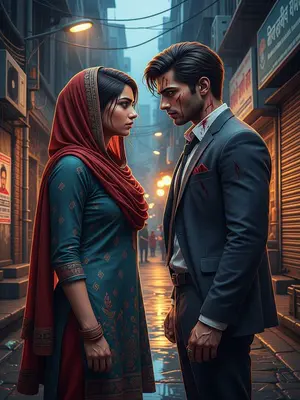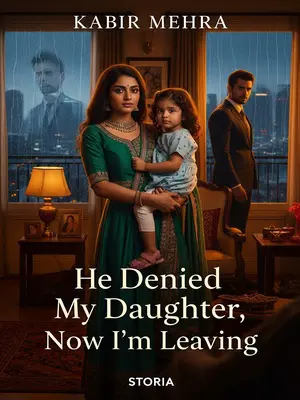Chapter 3: Glass Shatters—Defiance and Exile
I want to go back.
Somewhere in another world, my real Amma and Abba are waiting for me. Amma has probably made my favourite biryani, piping hot, with that secret masala she never reveals. Abba’s laid out the table, plates shining, and my little sister is hiding behind the curtain, ready to pounce on the first piece of paneer tikka. I miss home—especially during festivals.
Diwali is a big deal for us—crackers bursting, rangoli on the threshold, aunties coming over with boxes of kaju katli. Amma always lights diyas and keeps them by the window, waiting for me to come home, even if it’s past midnight. My chest tightens just thinking about it.
One moment I was in the airport, last call for Mumbai, and the next—bam!—I’m inside a novel, stuck in this Mehra drama, surrounded by strangers who think I’m someone else. Here, one wrong move and your name is mud. Neighbours don’t forget, and neither does family.
She walks past me like I’m a stray dog sitting on the pavement, not worth a second glance. That stings more than the system’s shock.
I grit my teeth and endure the pain. Behind me, Priya gives a cold order: "Come over and clean this up."
The floor is sticky from spilled curry. Priya’s tone is sharp, as if she’s ordering a servant, not a husband. In the old days, even the maid got a little respect.
Of course, his royal highness can’t bother with his own mess. The china plate is shattered, chutney splattered on the marble. I sigh inwardly.
My first instinct—grab the broom. In any middle-class home, the jhadu is your best friend. Amma always said, "Beta, jhadu ke bina ghar saaf nahi hota."
This is insult, pure and simple. He wants to see me grovel, wants Priya to see me on my knees. Kya zamana aa gaya hai.
Now the system is acting like those directors in TV serials, always hungry for extra drama. "Kneel, cry, show your dukhi face."
She hesitates, as if wondering if I’ll finally break. Her eyes flicker, searching my face for weakness. In India, even strong women sometimes want a man who’s willing to suffer for them—at least that’s what the serials say.
I remember last year when I spilled chai on her documents. She gave me a look that could curdle milk. Yet here I am, about to kneel again, like a fool.
I take a breath, heart pounding. Not today. No more dog’s life.
"My hands aren’t clean either. Madam Priya worked hard to cook for you—don’t waste it. Why don’t you lick it up yourself?"
The words slip out before I can stop them. Silence falls, so sharp you can hear the rickshaw horns from the street outside. I brace myself for impact.
A trace of astonishment flashes in Priya’s eyes, and the male lead stands up, barely holding back his anger: "Mujhe jaanta hai tu?"
He looms over me, all muscles and arrogance. His voice is loud, enough to bring the neighbours peeking through the window.
She’s trying to keep peace, but her face is set in stone. "Maafi maango, abhi."
My voice is hoarse, throat tight. I meet her gaze—this is the first time I’ve dared to push back.
Her words cut deep. I swallow, forcing myself not to react. In India, being called a dog—kutta—is the lowest insult. Still, I stand my ground. Unconsciously, my fist clenches at my side. My father’s words echo in my mind: "No one can take your self-respect unless you give it."
He waves his glass, ice clinking, acting as if he owns the world. "Priya, yaar, let the staff handle this. I can’t bear to see his face anymore."
The words catch in my throat. I almost say it—my right as her husband. But the moment passes.
Priya smashes her whiskey glass to the ground with a sharp crash.
The sound echoes. Bits of glass scatter everywhere, and for a split second, everyone freezes. Priya’s eyes flash with anger—real, burning anger.
"Get out, you get out!"
She doesn’t even look at me—just points to the door. Her voice is a whip, and the silence afterwards is heavy. I don’t bother arguing; I know when I’m not wanted.
Without looking back, I leave the bungalow. Priya is really angry this time.
I push open the heavy teak door, step into the humid Mumbai night, and leave my slippers behind. My pride is battered, but at least I have my freedom for a moment.
She never got this angry for my sake. Only for him—her pehla pyaar—does she lose her composure.
The mask lands in the garbage, joining the samosa wrappers and paan stains. The system’s nagging is louder than the honking taxis.
[Are you mad! Do you know what you’re doing?]
[If you can’t win over the female lead, according to the plot, once the male lead finds out you’re her ex-husband, he’ll kill you.]
[Bhai, hurry back and apologise, pacify her!]
My phone buzzes with every message. I almost chuck it into the gutter, but hold back. After all, these days even the police don’t help if you lose your phone.
But this time, I wasn’t going to beg. Not for her, not for anyone.
